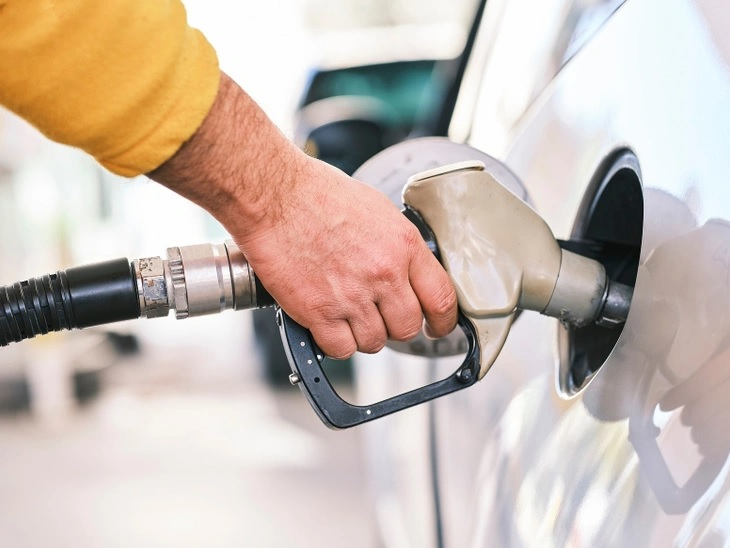
An expert explains that gas offsetting is important, but as a solitary action, it does not solve the problem of global warming.
T&B Petroleum/Press Office
At the end of 2023, Petrobras announced the country's first carbon-neutral gasoline. According to the state-owned company, the greenhouse gas emissions from the fuel are offset before even being sold to consumers through carbon credits generated by actions to preserve or restore national biomes.
 The news was met with enthusiasm in the press and the private sector, but with some points of reservation and attention. Francisco Higuchi, CEO of Tero Carbon and a Ph.D. in Ecology and Tropical Forest Management (UFPR/INPA/FFPRI Japan), explains that decarbonization and the reduction in sulfur content (20mg/kg) of the fuel, alone, are not sufficient to solve the problem, but they are important to complement other initiatives aimed at mitigating the greenhouse gas problem.
The news was met with enthusiasm in the press and the private sector, but with some points of reservation and attention. Francisco Higuchi, CEO of Tero Carbon and a Ph.D. in Ecology and Tropical Forest Management (UFPR/INPA/FFPRI Japan), explains that decarbonization and the reduction in sulfur content (20mg/kg) of the fuel, alone, are not sufficient to solve the problem, but they are important to complement other initiatives aimed at mitigating the greenhouse gas problem.
However, skepticism about the initiative only increased after the Envira Amazônia project, from which Petrobras bought credits to neutralize emissions related to Podium gasoline, presented problems in land ownership documentation and deforestation records.
For Higuchi, this is the kind of situation that undermines key issues regarding the sector. "The global carbon market is still centered on companies' voluntarism to reduce and offset their emissions in exchange for brand sustainability recognition. With the growing problems in asset generation projects like the one used by Petrobras, there is a risk that the entire sector will fall into disrepute."
The expert further explains that such questioning may represent the disruption of regular projects that aim to actually address the issue of toxic gas emissions, not just neutralize them to sell the sustainable image of a brand, the so-called "greenwashing."
Offsetting helps but does not solve
According to Higuchi, offsetting greenhouse gases is the first step in a more complex and fundamental process to give the industry time to invest in less polluting technologies, including more sustainable fuels.
Thus, initiatives like Brazil's carbon-neutral gasoline should be interpreted as necessary for maintaining society's lifestyle and quality of life, and not just as business opportunities, argues Tero Carbon's CEO.
"Offsetting pollutant emissions, as a solitary action, helps but does not solve the problem, it only does not exacerbate it. The real goal should be to reduce the concentration of greenhouse gases in the atmosphere and reverse global warming," he concludes.
About Tero Carbon - Tero Carbon is a digital certifier of carbon credits and stock. Founded in Manaus in 2022, the company uses exclusive methodologies tailored to the Brazilian reality and follows the technical guidelines of the Intergovernmental Panel on Climate Change (IPCC), besides being the first in the segment with a genuinely Amazonian DNA. Its technical team has over 15 years of experience in developing forest carbon projects in the Amazon, with expertise in the region's logistics and social aspects of traditional communities. The certifier uses blockchain technology to provide security, reliability, and traceability to the certification process of environmental assets and is supported by renowned sector institutions, including: Incubadora de Empresas do Instituto Nacional de Pesquisas da Amazônia (IE-INPA), an entity linked to the Ministry of Science, Technology, and Innovation, Federação Nacional das Indústrias do Estado da Amazônia (FIEAM), and venture builder VB92 Launch Hub.

Contact us